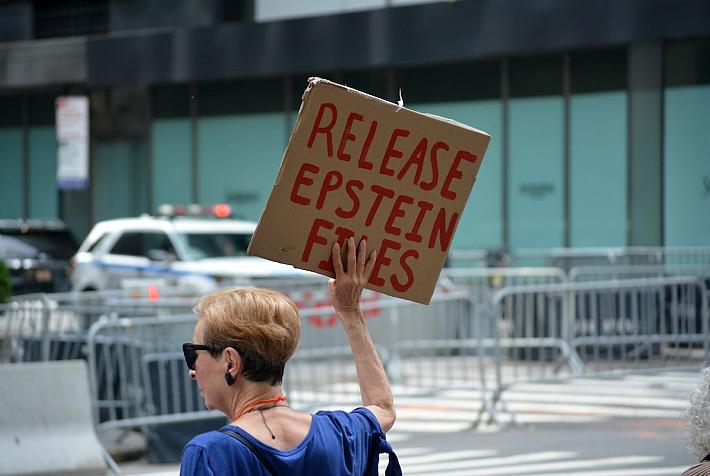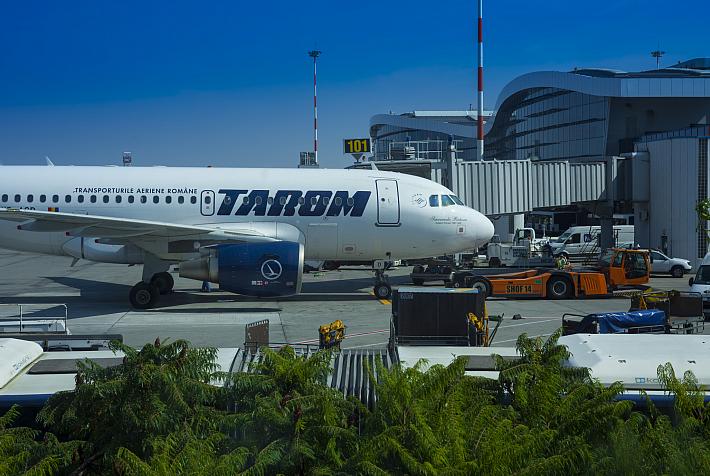ExxonMobil and OMV Petrom start exploring new prospect in Romania’s Neptun block in the Black Sea

ExxonMobil Exploration and Production Romania Limited, the local subsidiary of American group ExxonMobil, and OMV Petrom, the largest local group, have started exploring a new prospect in the Neptun offshore block, in the Romanian waters of the Black Sea, the two companies announced on Monday, October 27.
The Ocean Endeavour rig, which was commissioned by Exxon and OMV Petrom to make further exploration drills in the Neptun block, is drilling the Pelican South-1 wildcat well about 155 kilometers offshore in the Romanian sector of the Black Sea. The Pelican South-1 well will test a new geological structure on the Neptun Block.
This may result in a new hydrocarbons discovery in the Neptun block, after the natural gas discovery announced in the beginning of 2012. ExxonMobil and OMV Petrom announced in February 2012 that they discovered a natural gas accumulation of between 42 and 84 billion cubic meters in the Neptun block of the Black Sea. Since then, the two companies made further explorations to evaluate the commercial viability of the gas resources found.
Earlier in October, the Ocean Endeavour rig completed drilling the Domino-2 well in the Neptun block and data from the well are currently being evaluated by Exxon and OMV Petrom specialists.
“Exploration for oil and gas in frontier areas is complex and very detailed, often taking years to complete. A thorough understanding of the geology is essential prior to making the significant investments required to develop such a discovery,” said John Knapp, managing director of ExxonMobil’s affiliate in Romania.
If the two companies decide to start the exploitation of the gas resources in the Neptun block, this would require significant investments. This is why they have been asking the Romanian authorities for a favorable and stable fiscal framework.
“The Black Sea region plays a central role in our strategy and we allocate significant financial and technical resources to the offshore projects. We are encouraged by the good results so far, in shallow and deep waters. However much of the activity in the Black Sea deep-water area is of a frontier, pioneering nature, involving high investment risks and therefore requiring a stable investment framework,” said Gabriel Selischi, member of OMV Petrom Executive Board responsible for exploration and production.
ExxonMobil Exploration and Production Romania and OMV Petrom each hold 50% of the deep-water sector of the Neptun block.
Andrei Chirileasa, andrei@romania-insider.com












